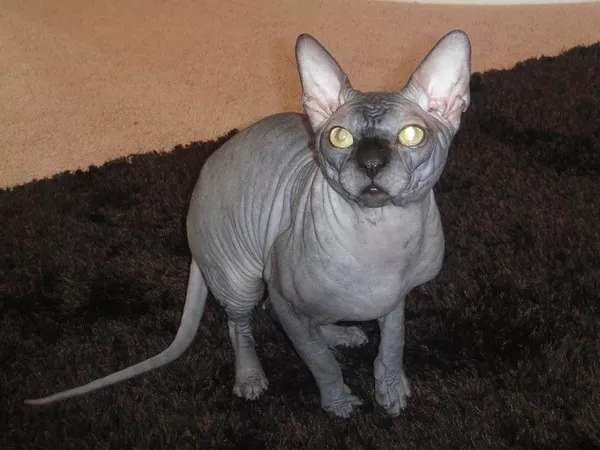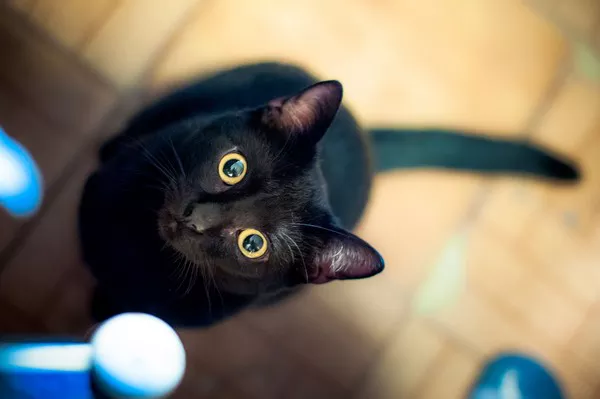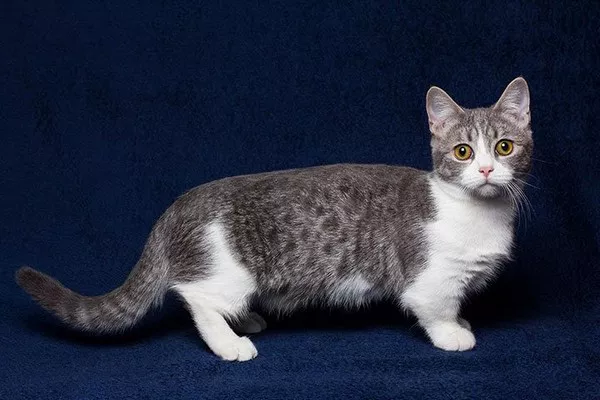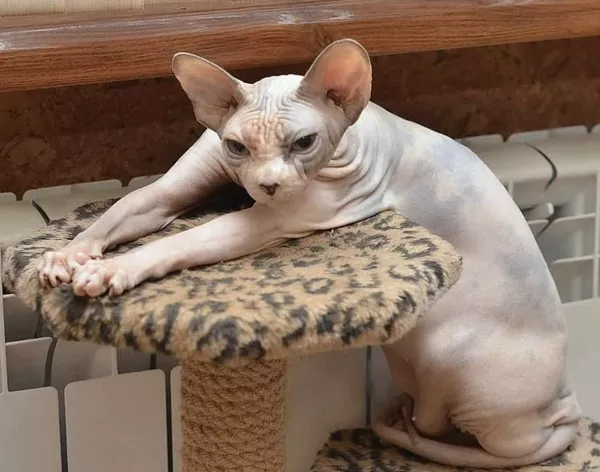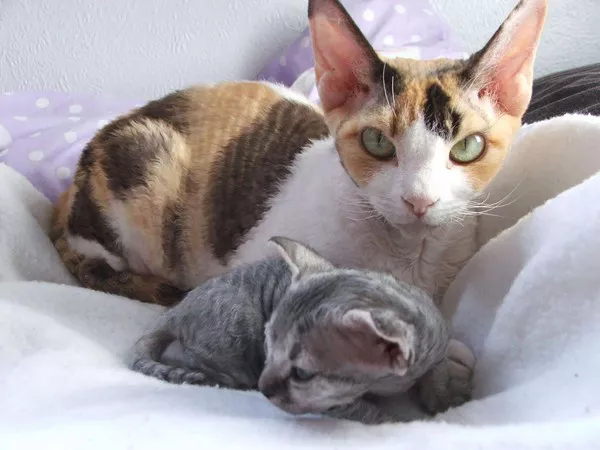Sphynx cats, with their distinctive hairless appearance and engaging personalities, have gained popularity as exotic pets. However, potential owners often wonder about the cost implications of owning a Sphynx. Beyond their initial purchase price, these unique cats can require specialized care that can add up financially. This article provides a comprehensive overview of the costs associated with caring for a Sphynx cat, from veterinary care to grooming, diet, and more.
Initial Costs of Sphynx Cat Ownership
Purchase Price
The initial cost of a Sphynx cat can vary widely depending on the breeder, location, and pedigree. Prices typically range from $1,500 to $3,000, but cats from award-winning lineages can cost significantly more.
Essential Supplies
Upon adopting a Sphynx, new owners will need to purchase several essential items:
Cat Carrier: Necessary for safe transportation.
Litter Box and Litter: Essential for daily hygiene.
Food and Water Bowls: Preferably in non-toxic, easy-to-clean materials like stainless steel.
Bedding: Sphynx cats require warm bedding due to their lack of fur.
Scratching Post and Toys: Important for exercise and mental stimulation.
Setting up these essentials can cost anywhere from $200 to $500 initially.
Routine Veterinary Care
Health Check-Ups
Sphynx cats require regular veterinary check-ups to ensure they remain healthy, typically necessitating two visits per year. Each visit can range from $50 to $100, not including additional treatments or medications.
Vaccinations
Keeping up with vaccinations is crucial for preventing common feline diseases. The costs for vaccinations can vary but generally range from $20 to $50 per vaccine.
Spaying or Neutering
If the cat is not already altered, spaying or neutering is recommended. This one-time cost can vary significantly by region and veterinary practice but generally ranges from $200 to $500.
Genetic Health Concerns
Sphynx cats can be prone to certain health issues like hypertrophic cardiomyopathy, skin conditions, and respiratory problems. Monitoring for these conditions can involve:
Echocardiograms: To check for heart issues, potentially costing $200-$500.
Skin Treatments: Costs vary depending on the condition and treatment options.
Grooming Requirements
Skin Care
Unlike other cats, Sphynx cats do not have fur to absorb oils secreted by their skin, necessitating regular baths. Special shampoos and other skincare products can cost around $10-$30 per month.
Nail and Ear Care
Regular nail trimming and ear cleaning are required, which can be done at home or professionally. Professional grooming sessions might cost around $50-$100 per visit.
Dietary Needs
High-Quality Diet
Sphynx cats have a high metabolism and may require more food than the average cat. Feeding a high-quality diet that meets their energy requirements is crucial. Premium cat food can range from $20 to $60 per month, depending on the brand and type of food.
Supplements
Some Sphynx owners choose to supplement their cat’s diet with vitamins and minerals to support skin health. These supplements can add an additional $10 to $30 to monthly expenses.
Environmental Maintenance
Heating Needs
To keep a Sphynx cat comfortable, especially in cooler climates, additional heating may be necessary. This can lead to higher utility bills, potentially adding $10 to $50 to monthly expenses depending on the climate and home insulation.
Bedding and Clothing
Specialized clothing and heated beds can help keep a Sphynx warm. Initial costs for these items can range from $50 to $200, with periodic replacements adding to long-term costs.
Insurance and Emergency Care
Pet Insurance
Considering the potential health issues associated with Sphynx cats, pet insurance can be a wise investment. Premiums can vary widely but generally range from $20 to $50 per month.
Emergency Veterinary Care
Unexpected illnesses or accidents can lead to significant veterinary bills. Emergency treatments can easily range from $500 to several thousand dollars, depending on the severity of the condition.
Behavioral and Social Needs
Social Interaction
Sphynx cats are known for their sociable and affectionate nature. Ensuring they have adequate social interaction, through either human contact or companionship with other pets, is essential for their emotional well-being. Costs here are more related to time than money but can include expenses for interactive toys or pet daycare services.
Conclusion
Owning a Sphynx cat involves considerable financial commitment beyond the initial purchase price. The ongoing costs for veterinary care, specialized grooming, high-quality diet, and environmental management can add up. Prospective and current Sphynx cat owners should be prepared for a long-term financial investment, which can average $100 to $200 monthly, excluding any emergency treatments. This financial planning ensures that a Sphynx cat can live a healthy, happy, and fulfilling life as a beloved member of the family.

